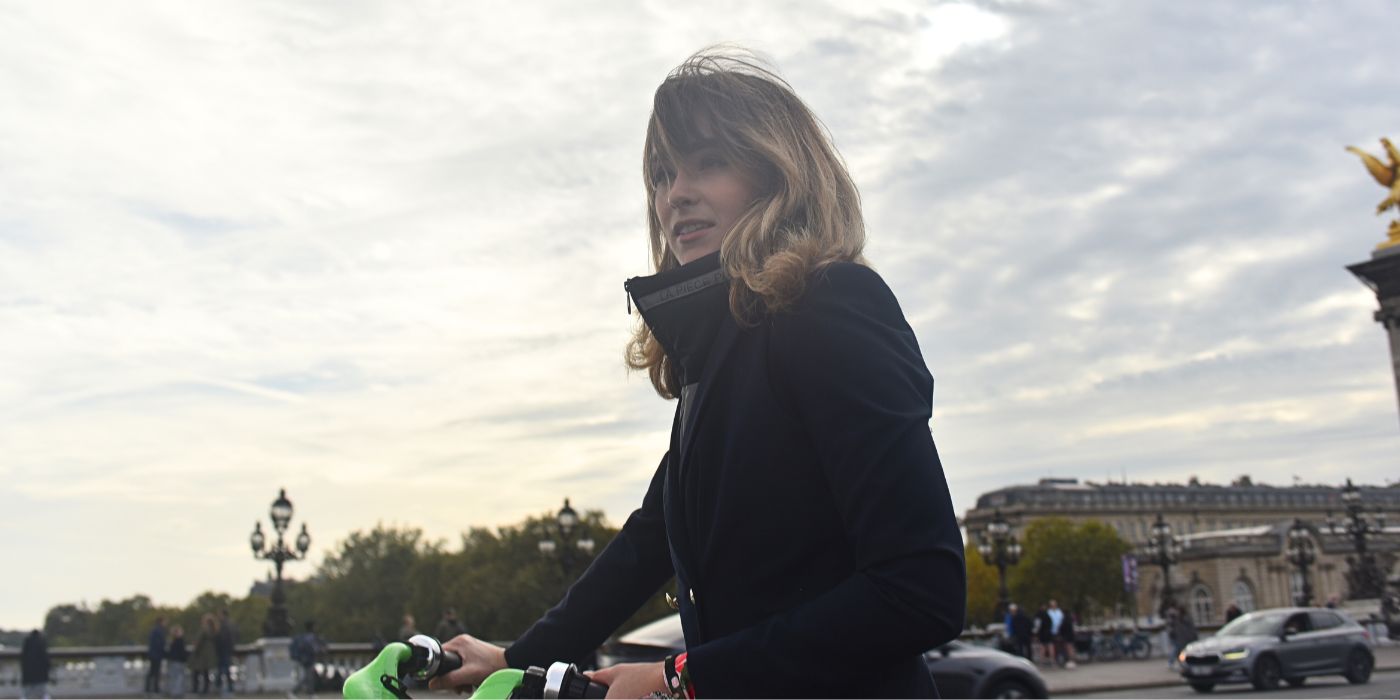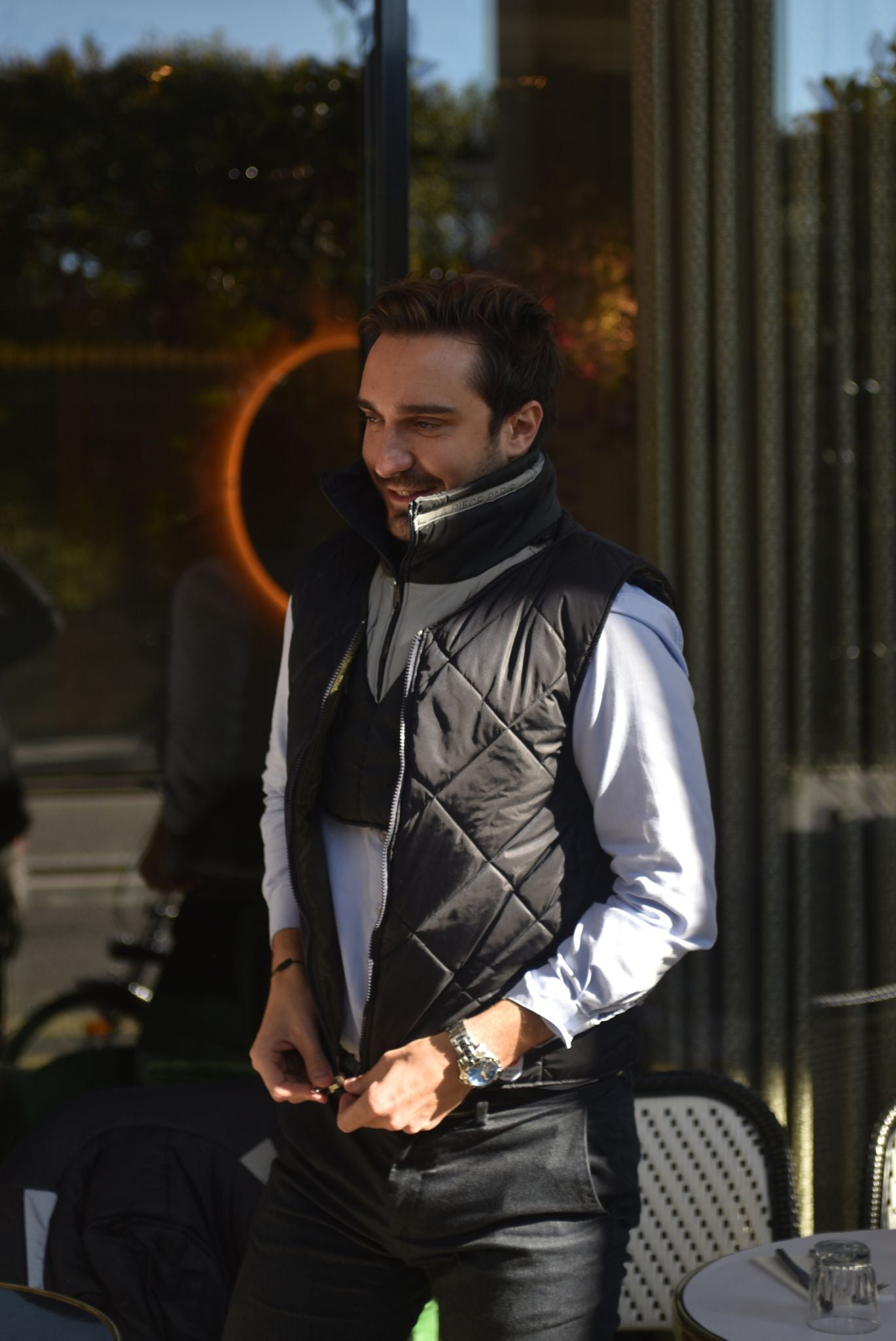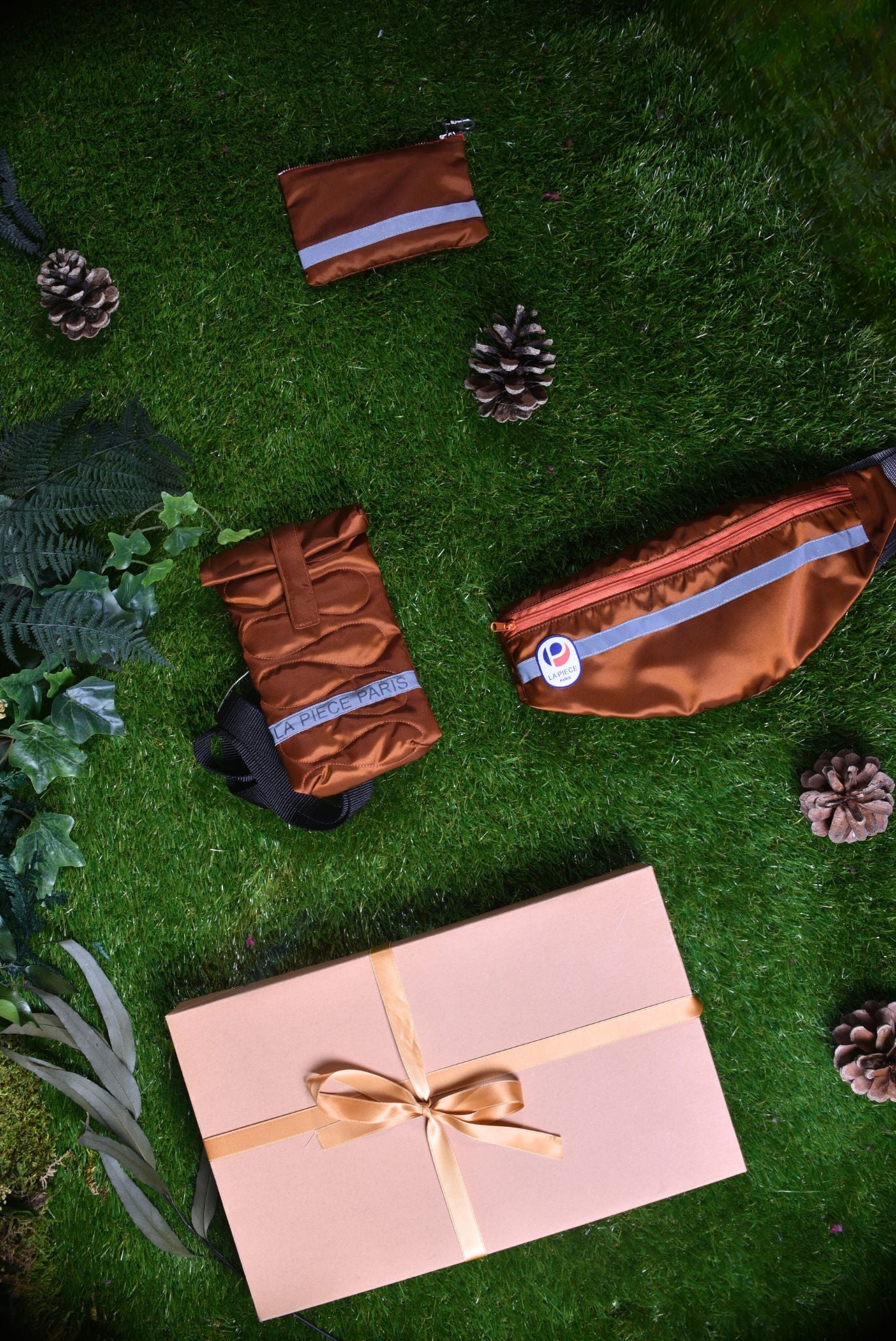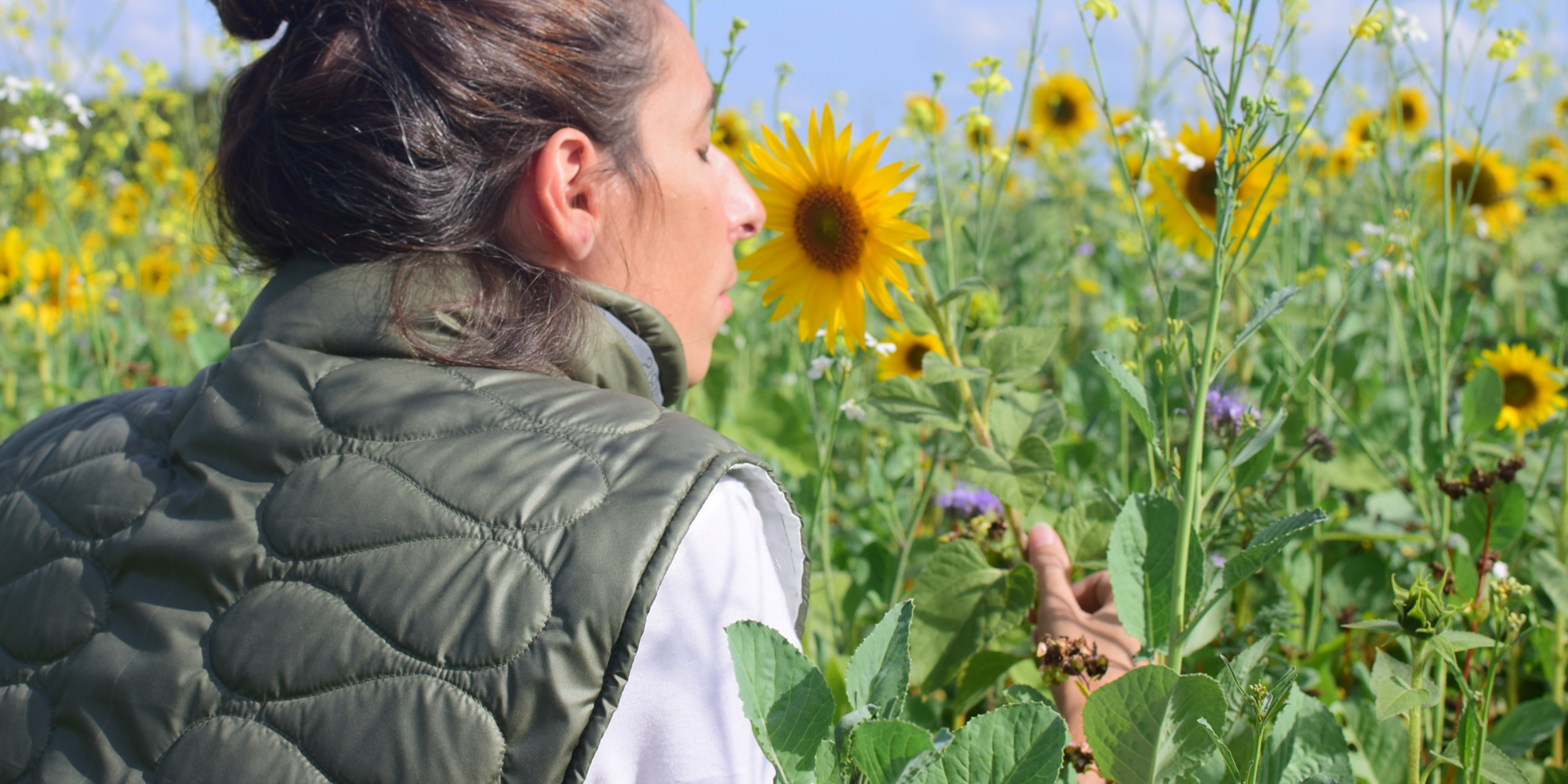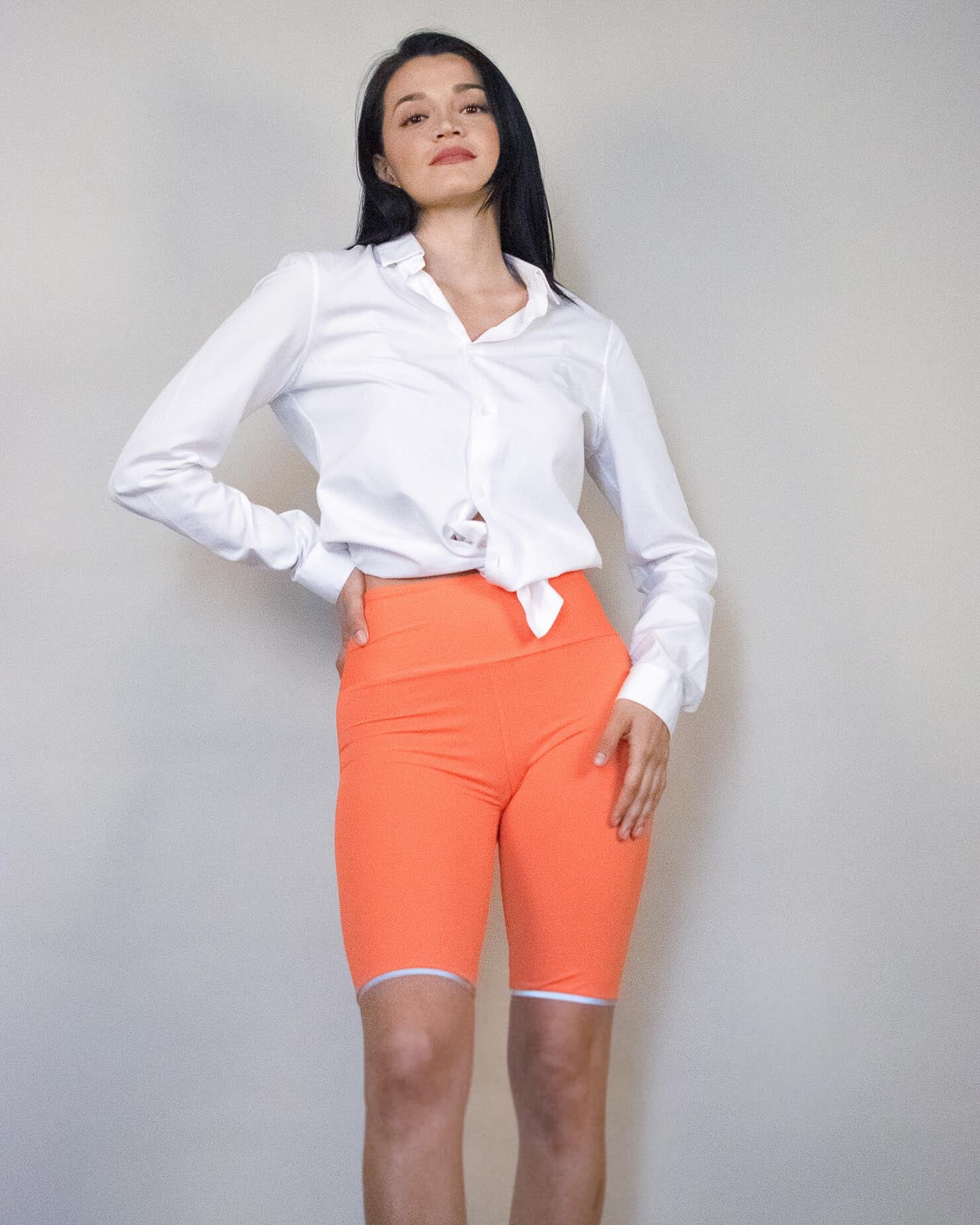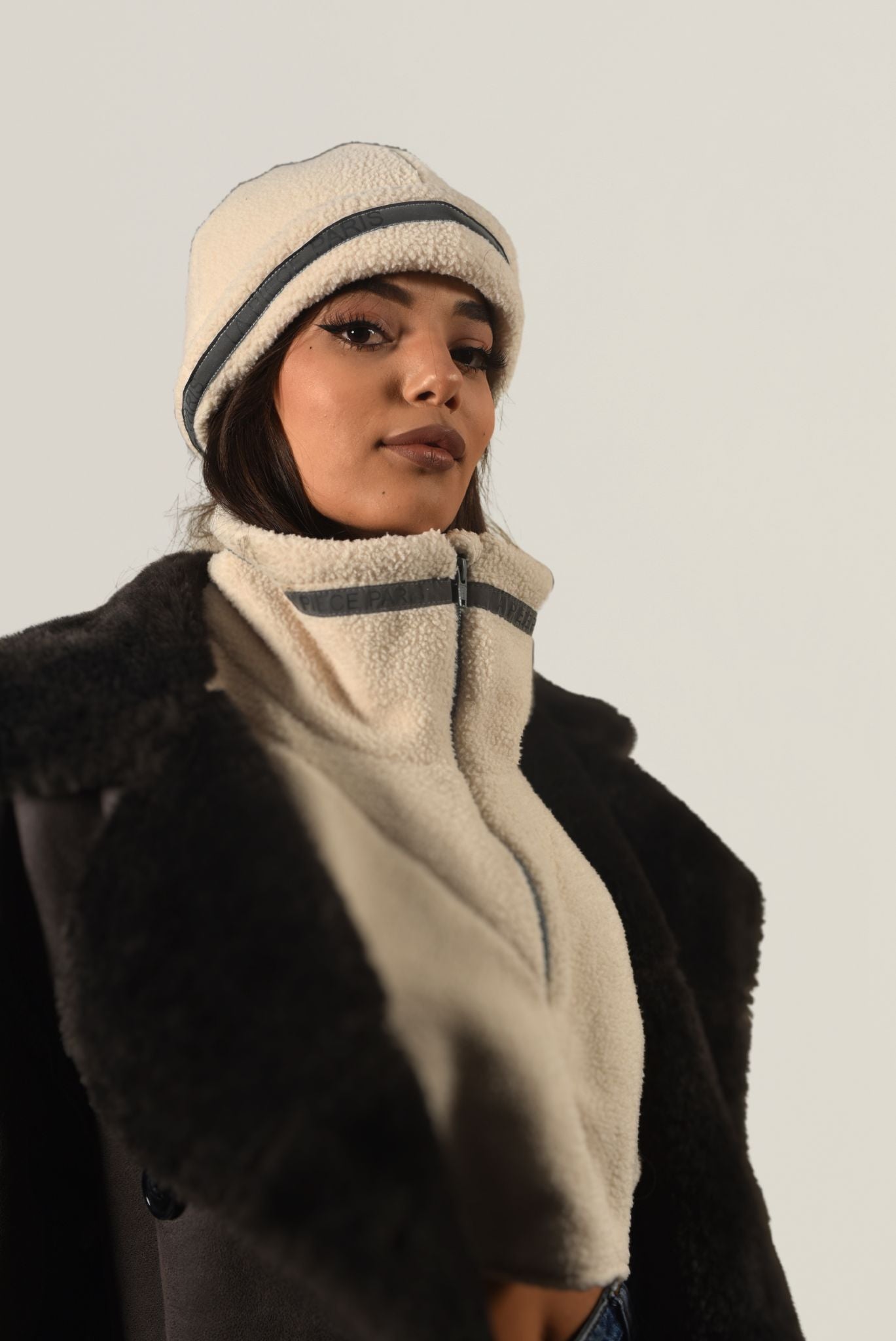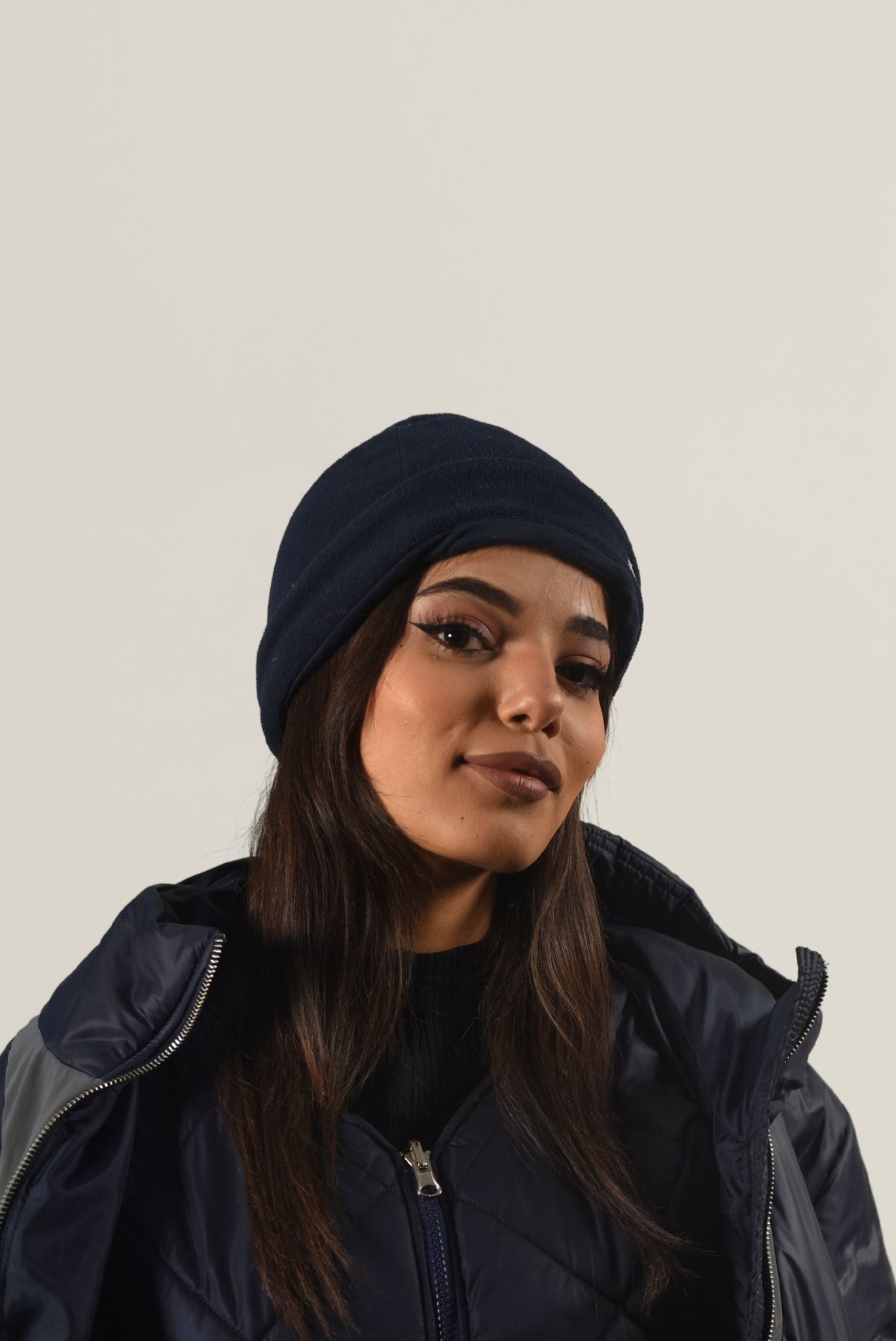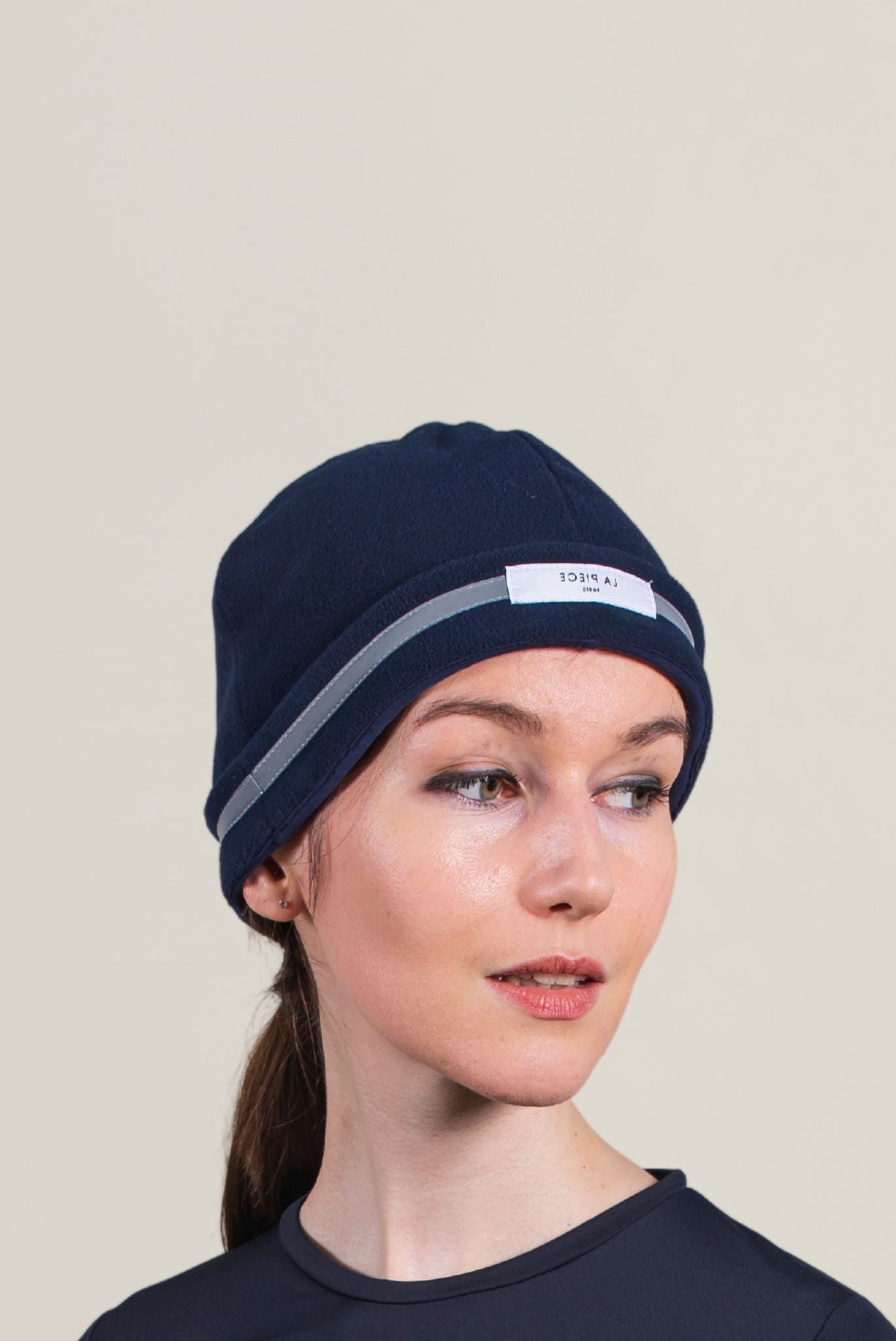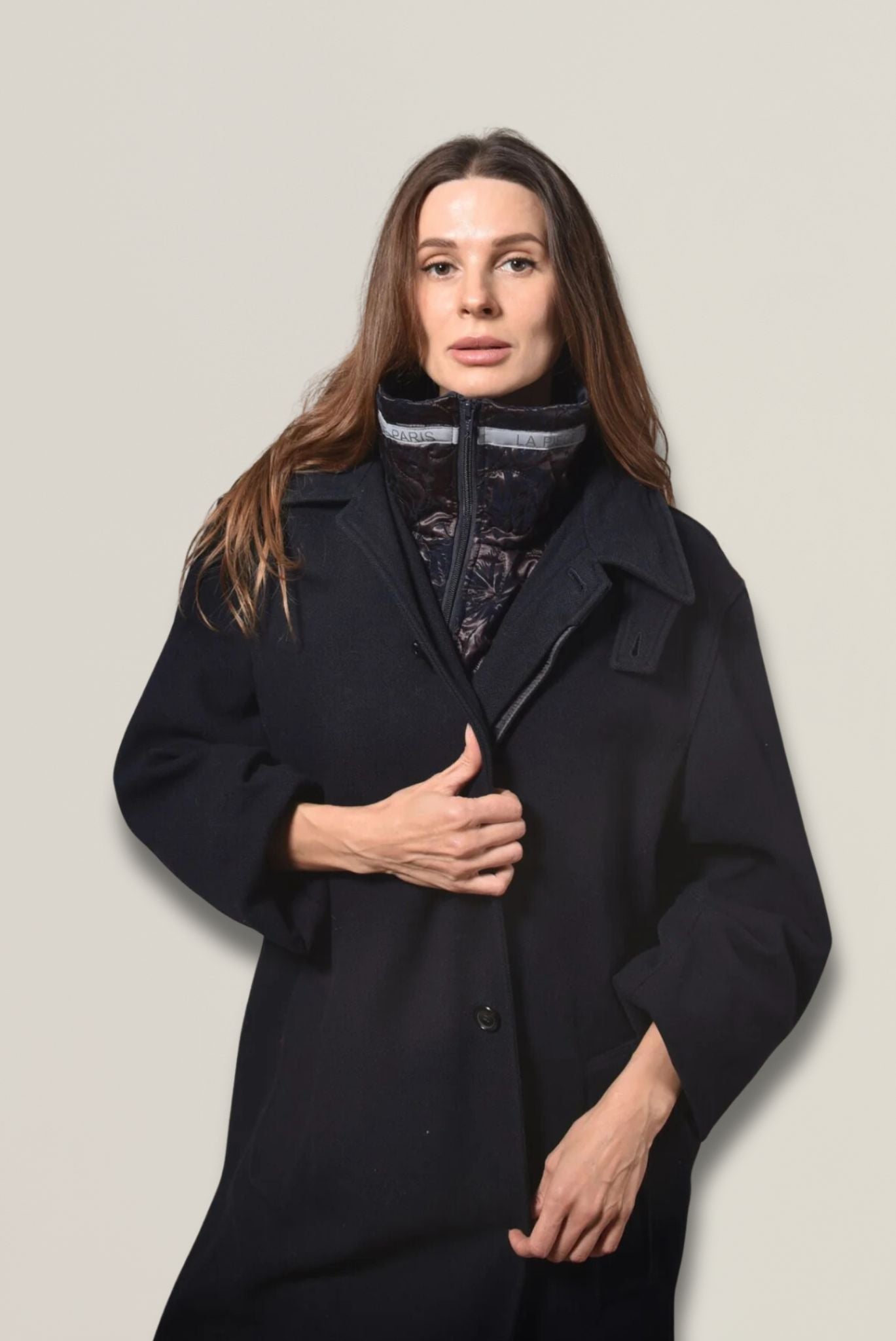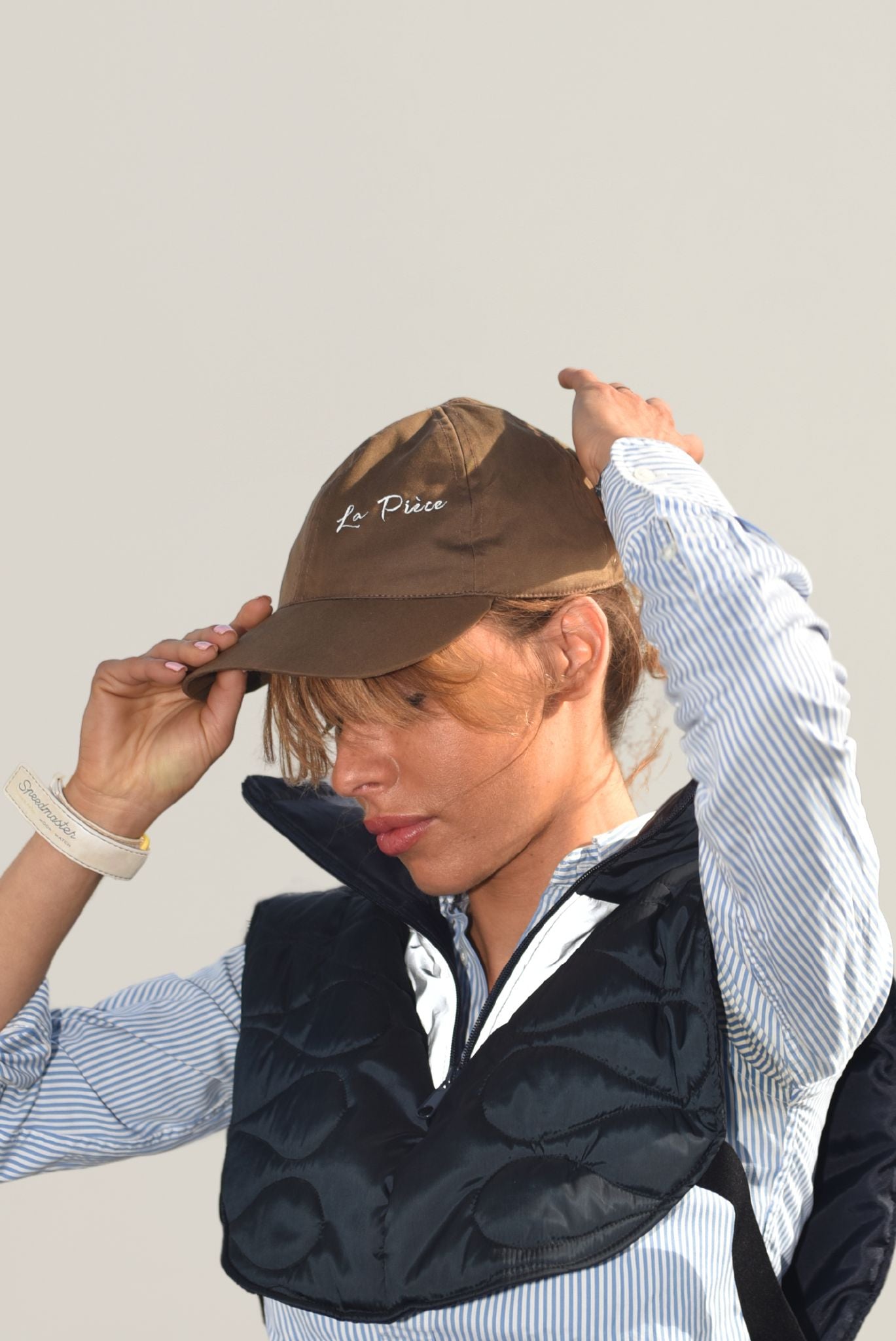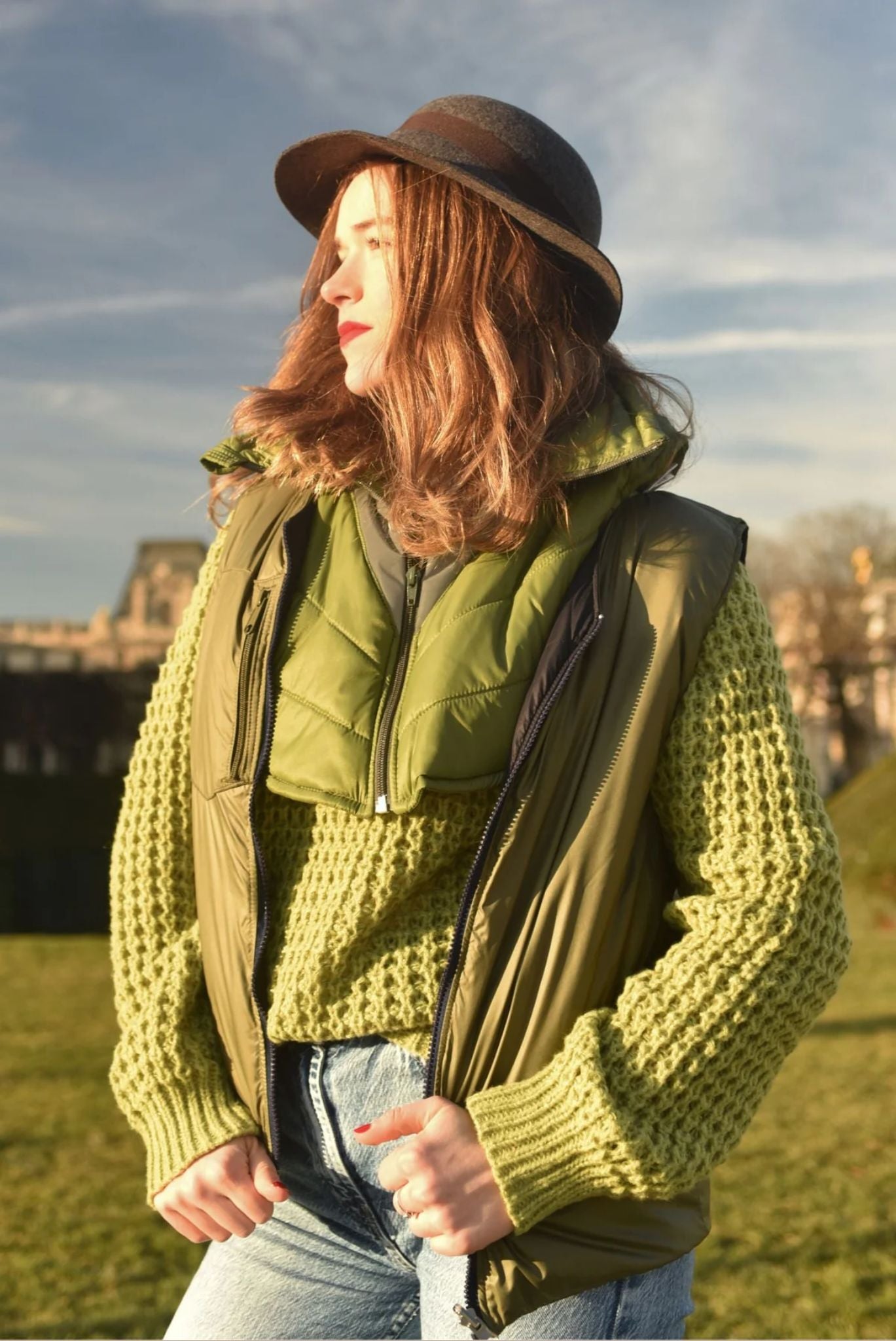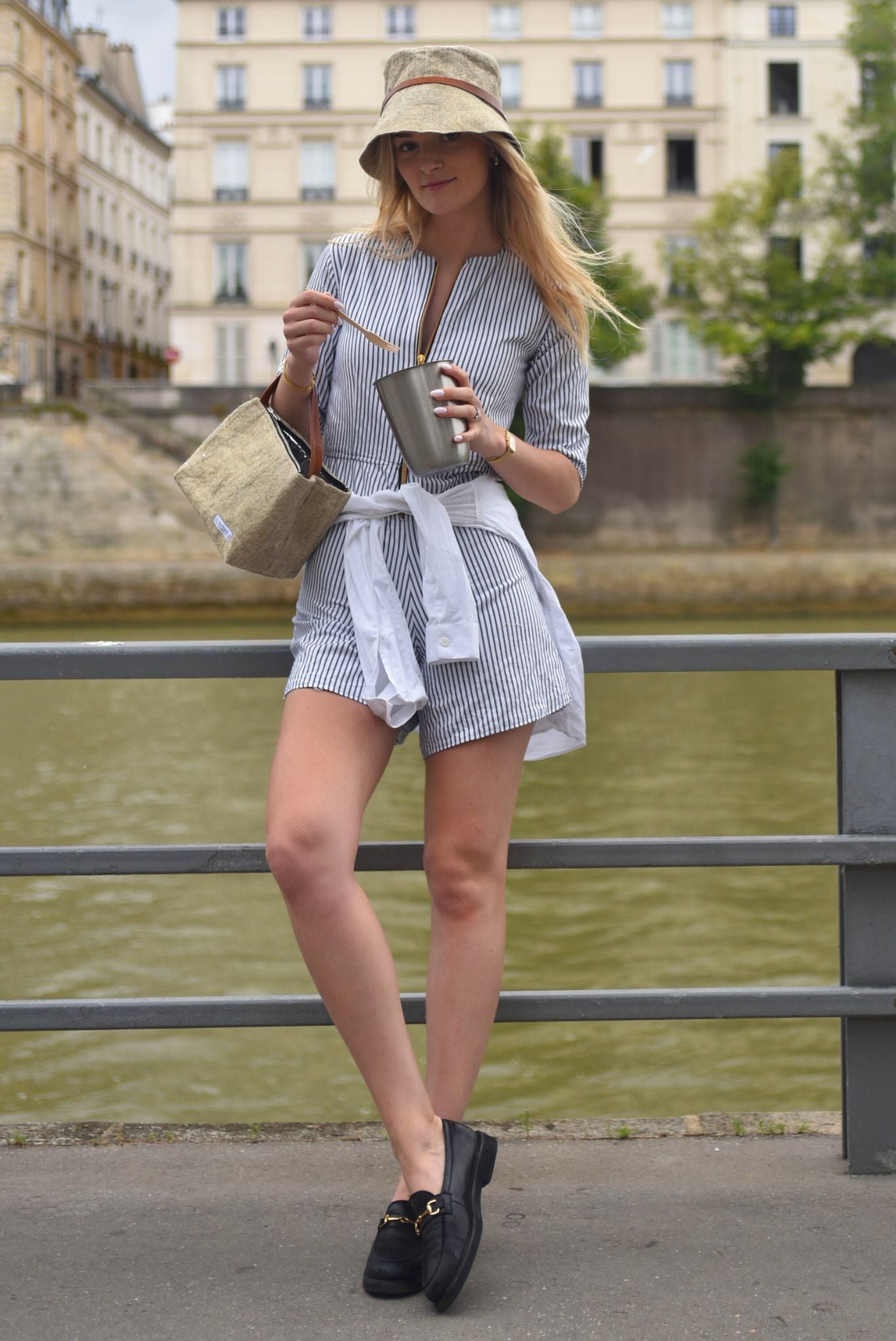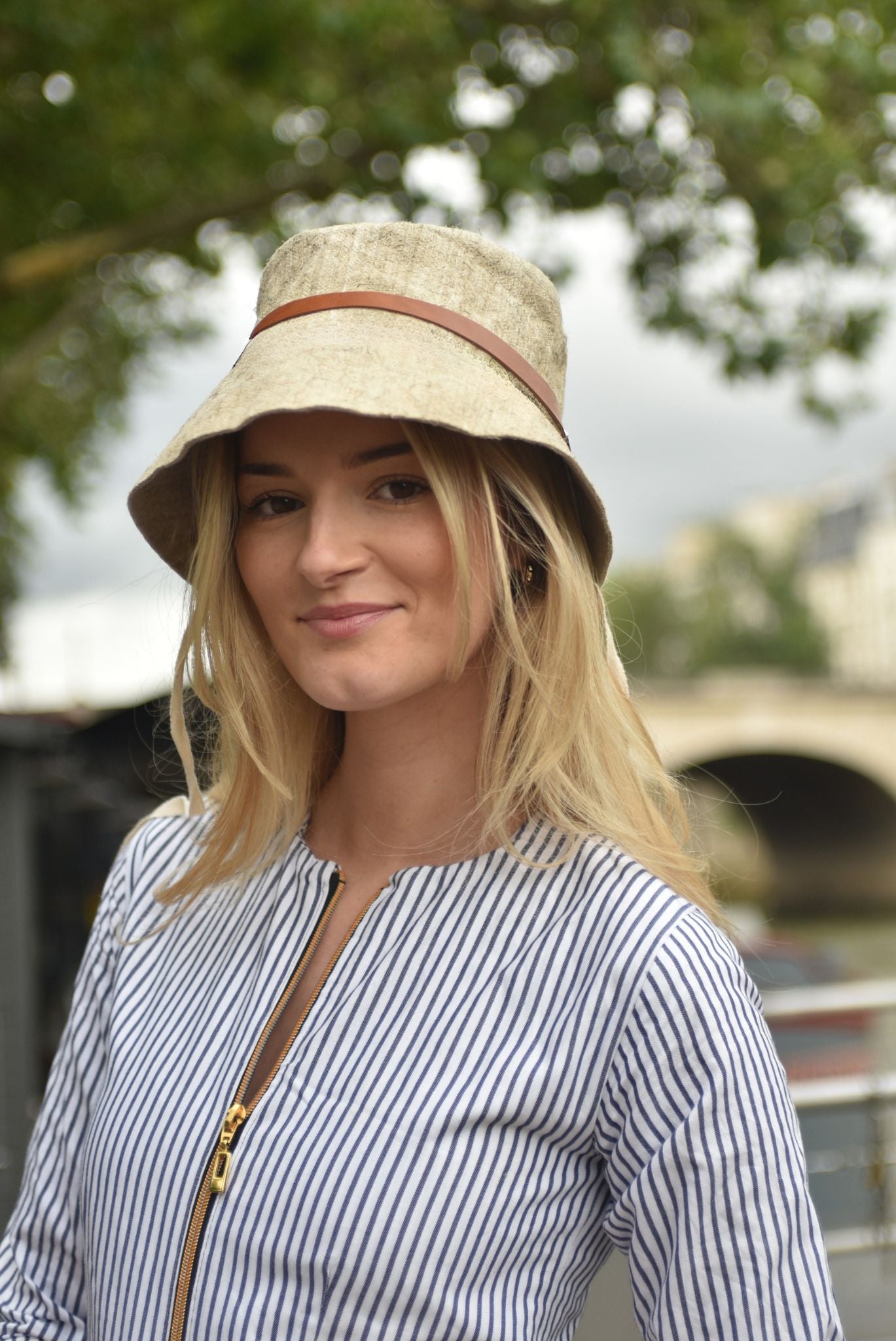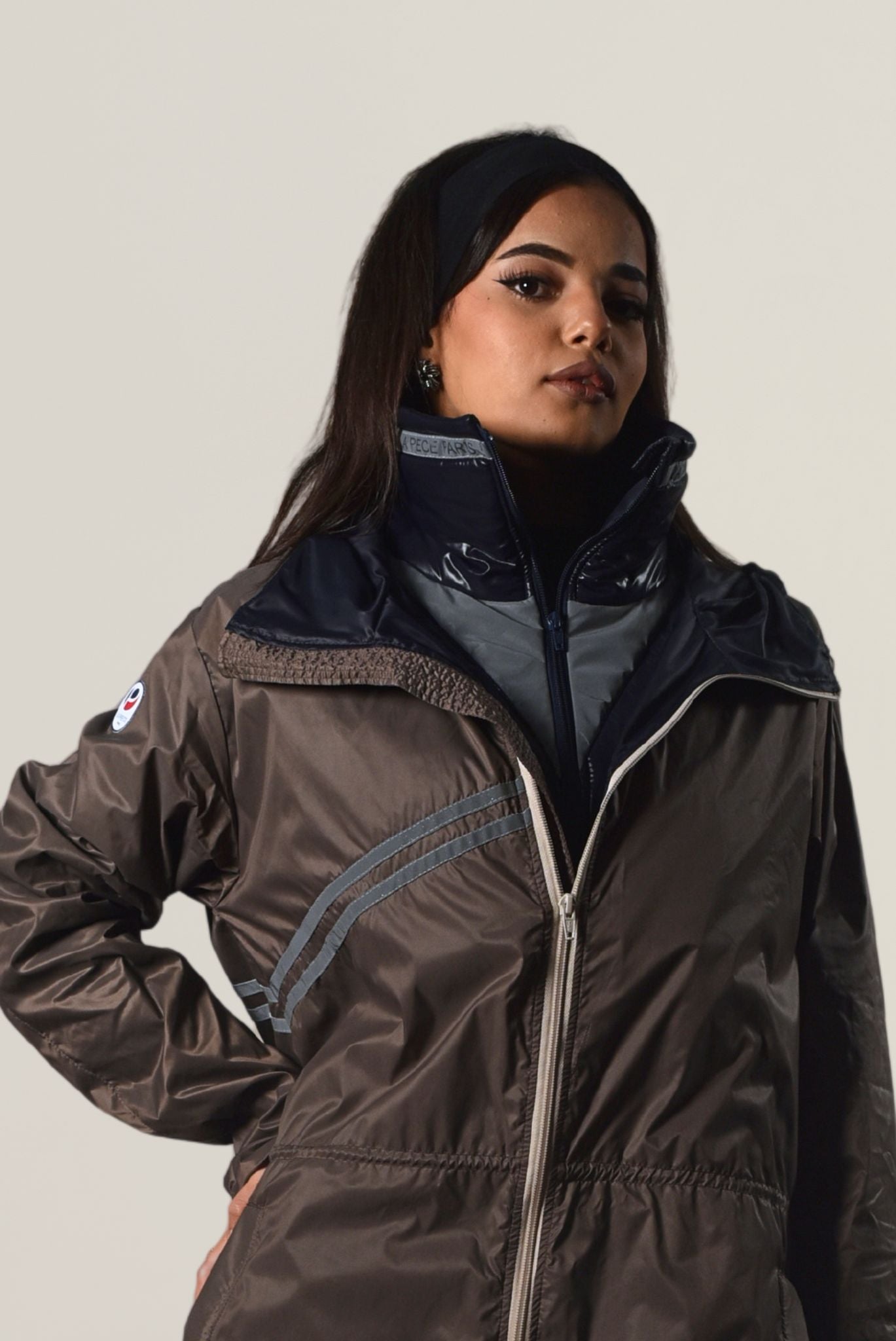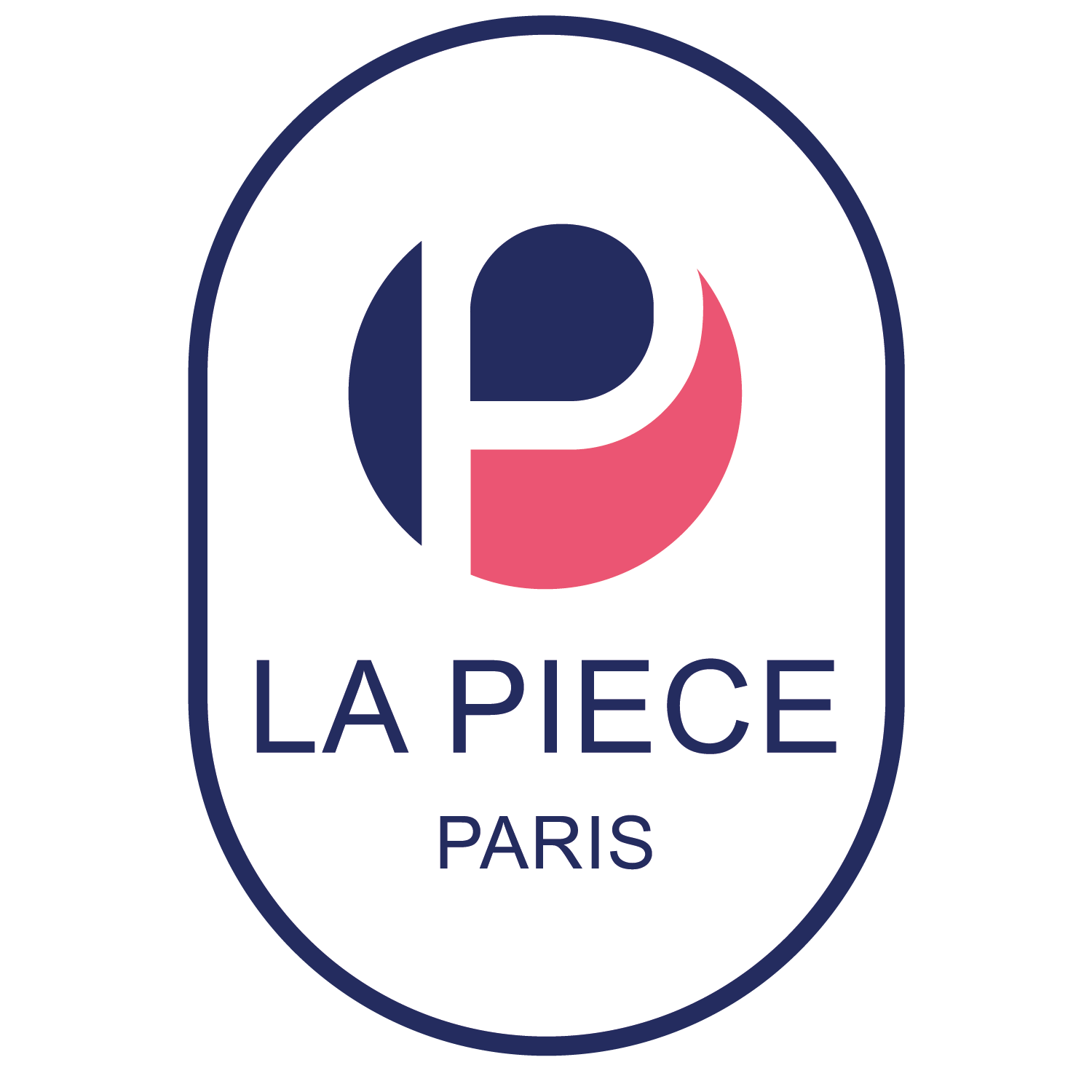On the road, a story of slow tourism as we like them

Slow tourism: a journey on the back of a snail? A slow that makes you dizzy? Mmh that's almost it. We met two travelers who walk around their house with them to take the time to appreciate the places they visit. It's the story of a loooong journey: doing in 24 months what we could do faster by leaving big (carbon) footprints in the wake of our big seven-league boots.
The caravan, the ideal companion for slow tourism
Alexis and Aurélie are two free-flying birds from Reunion, a beautiful tropical island in the Indian Ocean. Alexis is a professional photographer of landscapes and events that he reveals and sublimates with his artistic eye.
He took off with his wife to travel the roads of Europe in a caravan. And that's just the beginning.

A kiss on the go
@alexisgilli_ feat the bespoke gray polo shirt
@aurelie__robert who wears the summer bodysuit and the gypsy skirt
@oiainthevan naked and well in his hair #I am what I wear
Their road trip begins in early 2019.
Alexis first prepares the caravan he has bought from a traveling couple: he tinkers with the interior to make it a cozy and practical nest. As a good maker, he makes it a tip top eco-caravan: it is digitally equipped while turning in the sun and collecting water from the clouds.
In short, this dream caravan does indeed exist, come and we'll show you.
It's still 18m2: there is the driver's area where the passenger seat is removable to enlarge the living room, so so Lego style, a kitchen area, a high bed, a bathroom and storage space for sports equipment etc. Yes, minimalism frees up space! Especially since they spend their time outdoors.
Their mini mobile home is almost self-sufficient in energy thanks to the solar panels installed on the roof. It's quiet and it doesn't eat oil, not like a generator. For the winter and the northern regions like Norway where they intend to take a tour, the energy will be produced by wind turbines.
The route
They leave from Val d'Allos, a town in the Mercantour National Park between Nice and Lyon. They start by visiting Spain. Aurélie spent a month in an organic farm under construction in País Vasco and met other volunteers, locals and Germans, French…
Afterwards, direction Morocco but entry was refused to Oia, their little dog, although he is very cute. There are other rather unpredictable reasons for which one can be prevented from crossing a border: for example in Rwanda, the customs searched the caravan of a fellow traveler of Alexis to seize… the plastic bags!
Rwanda takes the plastic problem very seriously, and it shows. It's clean!
After staying some time in the Iberian Peninsula, they went back to France along the Atlantic coast. Just to wake up with a view of the sea and admire the beautiful Dune du Pilat in the Arcachon basin.
The next step: drive north to Lille and then enjoy July in Norway.
Slow caravan tourism, a joint project full of daily surprises
They get their water from camping areas, gas stations, or with rainwater that they recover with an awning where the sky is clear. When you live in a caravan, you adapt even more to the rhythm of the seasons (it's about not being in Norway in December) and you are more aware of the air and water quality. In a polluted city, the air is thicker and you can't drink rainwater. Finding clean drinking water takes organization and it doesn't taste the same here and there. In case of shortage, they can filter their gray water, that which was used for the shower and the dishes. Our adventurers are full of resources! They also have a nettle cannon and cobweb guns in case of force majeure.
Their dashboard shows them their fuel and electricity consumption. The game is to keep enough gasoline to move forward while heating with diesel in winter. The sunshine is not constant, they are attentive to what they consume (honey there's no more hot water, are you serious?).
It's getting by without giving up comfort: enough to spice up your relationship naturally!
Woke or not ?
In fact, Alexis and Aurélie are inspiring because they are respectful of the environment without taking the lead. They don't even claim it.
It's instinctive: since they're nomadic, they're minimalist.
Since they like to tinker, they make what they need or collect second-hand objects, which reduces waste.
Since they are in love with nature and they meet it daily, they take care of it. You could even say that they are natural in the sense that they do not look at nature as something outside of them: they are right inside.
All you have to do is run on green fuel! But without having a calculator in hand, we can say that they already have a positive impact on the world given their communicative joy and their open-mindedness. In addition they are super nice, so we tell them see you soon!


